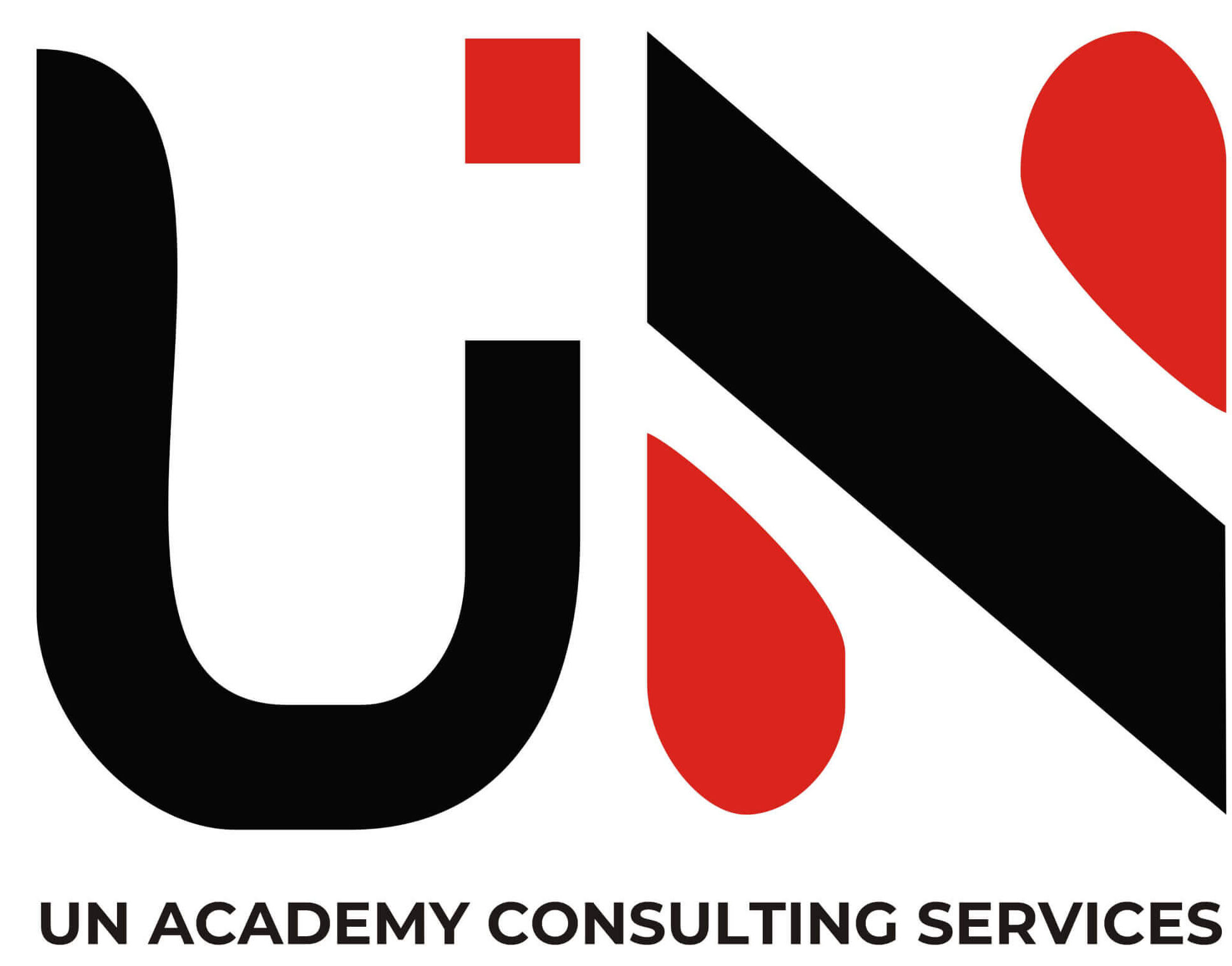Safety in Process Equipment Design and Operation
The Safety in Process Equipment Design and Operation course is designed to provide comprehensive insights into the critical aspects of ensuring safety in the design and operation of process equipment
- Course Schedule
Classroom Sessions:
| Date | Venue | Price |
|---|
02 - 06 Sep 2025
Online
$ 3,950
- Course Description
INTRODUCTION
The Safety in Process Equipment Design and Operation course is designed to provide comprehensive insights into the critical aspects of ensuring safety in the design and operation of process equipment. Participants will gain a deep understanding of the principles, methodologies, and best practices that contribute to maintaining a safe working environment in industries involving process equipment.
WHY IT MATTERS
The importance of safety in process equipment design and operation cannot be overstated. Ensuring the well-being of personnel, protecting the environment, and safeguarding assets are paramount in industries where processes involve potentially hazardous materials and conditions. A thorough understanding of safety principles is essential to mitigate risks and prevent accidents, ensuring both regulatory compliance and operational continuity.
OBJECTIVES
- Provide a comprehensive understanding of safety principles applicable to process equipment.
- Equip participants with the knowledge to identify and assess potential hazards.
- Offer insights into the design considerations that contribute to enhanced safety.
- Foster an understanding of safety protocols during the operation and maintenance of process equipment.
- Facilitate discussions on real-world case studies to reinforce theoretical concepts.
WHO SHOULD ATTEND ?
This course is suitable for:
- Process Engineers
- Plant Design Professionals
- Maintenance Personnel
- Operations Managers
- Safety Personnel
- Course Outline
DAY 1
Fundamentals of Process Safety
- Introduction to process safety management
- Key concepts: hazard identification, risk assessment, and risk mitigation
- Overview of relevant regulations and standards
DAY 2
Designing for Safety
- Principles of inherently safer design
- Process hazard analysis (PHA) techniques
- Safety instrumented systems (SIS) and their role in design
DAY 3
Operations and Maintenance Safety
- Safe operating procedures and best practices
- Emergency response planning and drills
- Equipment inspection and maintenance strategies
DAY 4
Case Studies and Practical Applications
- Analysis of real-world incidents
- Application of safety principles to case studies
- Group exercises and discussions
DAY 5
Regulatory Compliance and Continuous Improvement
- Overview of regulatory requirements
- Auditing and assessing safety performance
- Continuous improvement in process safety management
